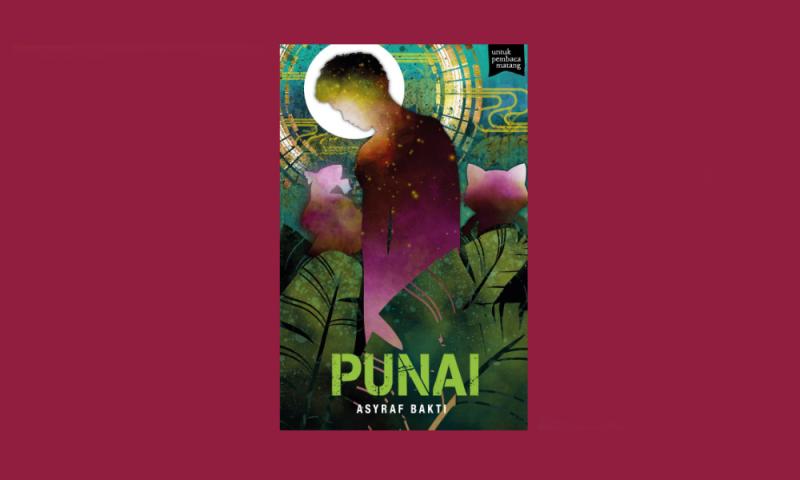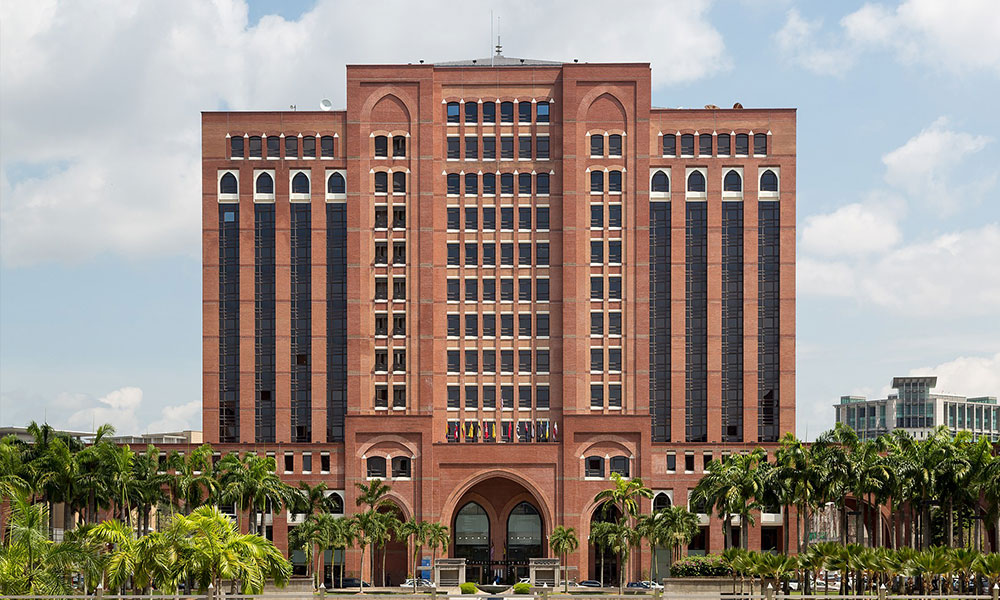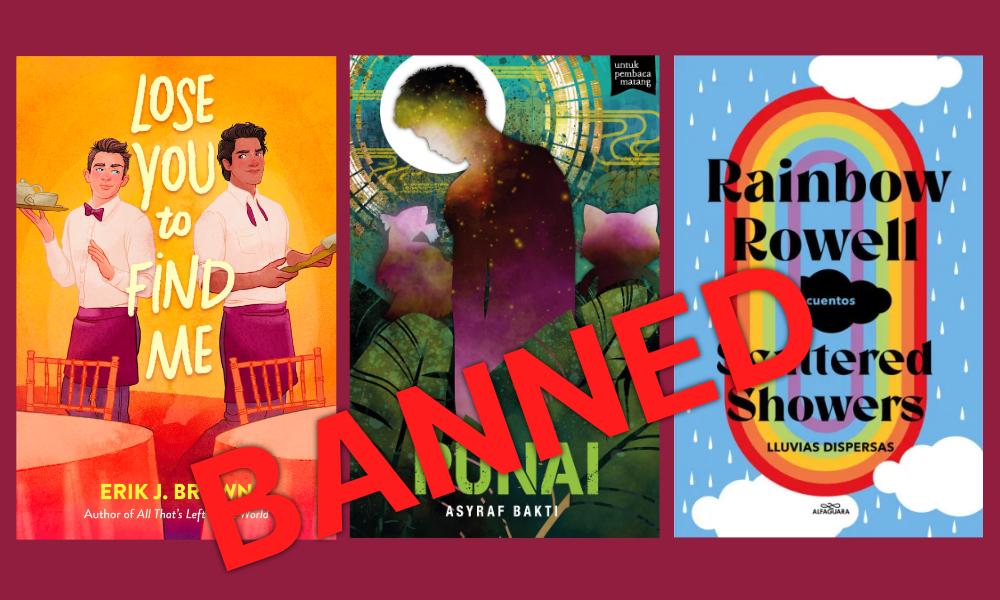
Censors don't share my sense of humour - banned book's publisher
Kishaanthini Palani
Published: Jan 8, 2025 11:32 AM
Summary
- The publisher of “Punai”, a recently banned book named after a slang term for the penis, says the Home Ministry does not share his sense of humour.
- Buku Fixi founder Amir Muhammad says he had gotten a few chuckles from the book and it proves that art is subjective.
- This comes after the Home Ministry announced the ban of six books deemed potentially detrimental to morality.
Asyraf Bakti’s novel “Punai” - slang for penis - is now a hot topic among the local literary community after the Home Ministry banned it.
The ban on this book raises questions about the extent to which art should be controlled or left free to interpretation by readers.
Buku Fixi founder Amir Muhammad described the work he published in 2022 as just an entertaining parody comedy novel.
“When I read the manuscript, I did laugh a few times. But it seems that the Home Ministry does not share the same sense of humour.
“This proves that ‘Punai’, like art, is a very subjective issue,” he told Malaysiakini.
He further explained that Asyraf’s writing was inspired by Indonesian writer Eka Kurniawan’s work titled “Dendam, Rindu Harus Dibayar Tuntas” published in 2014.
Both novels revolve around the issue of men facing problems with weak inner strength.
‘Detrimental to morality’
The Home Ministry banned six books, including “Punai”, on Dec 19 after deeming them potentially detrimental to morality.
The ban on this book raises questions about the extent to which art should be controlled or left free to interpretation by readers.
Buku Fixi founder Amir Muhammad described the work he published in 2022 as just an entertaining parody comedy novel.
“When I read the manuscript, I did laugh a few times. But it seems that the Home Ministry does not share the same sense of humour.
“This proves that ‘Punai’, like art, is a very subjective issue,” he told Malaysiakini.
He further explained that Asyraf’s writing was inspired by Indonesian writer Eka Kurniawan’s work titled “Dendam, Rindu Harus Dibayar Tuntas” published in 2014.
Both novels revolve around the issue of men facing problems with weak inner strength.
‘Detrimental to morality’
The Home Ministry banned six books, including “Punai”, on Dec 19 after deeming them potentially detrimental to morality.

The Home Ministry building
The ban was made under the Printing Presses and Publications Act (PPPA) 1984.
The other banned books are:

In a statement, the Home Ministry said that the ban is intended to act as a form of preventing harm before it occurs.
“At the same time, the public also gains exposure and awareness about undesirable and unsuitable publications,” it added.
It went on to remind the public that action can be taken against those who are involved in prohibited publications.
According to Section 8(2) of the PPPA, those who print, distribute or possess prohibited publications may face imprisonment for up to three years, fined up to RM20,000, or both.
“The government wishes to express its continued commitment to implementing regulatory and enforcement actions against printing presses and publications, particularly to prevent the spread of elements, ideologies or movements that contradict local socio-culture in accordance with the provisions of the law in force for the sake of harmony and common well-being,” the statement said.
The other banned books are:
- “A Million Kisses In Your Lifetime” by Monica Murphy
- “Lose You To Find Me” by Erik J Brown
- “Scattered Showers” by Rainbow Rowell
- “When Everything Feels Like The Movie” by Raziel Reid
- “What If It’s Us” by Becky Albertalli and Adam Silverra
- “A Million Kisses In Your Lifetime” is a contemporary romance novel while “What If It’s Us” is a young adult romantic comedy. “Scattered Showers” is a collection of romantic short stories.
- “Lose You To Find Me” is a queer coming-of-age and
- “When Everything Feels Like The Movie” is about a story revolving around a gay teenager.

In a statement, the Home Ministry said that the ban is intended to act as a form of preventing harm before it occurs.
“At the same time, the public also gains exposure and awareness about undesirable and unsuitable publications,” it added.
It went on to remind the public that action can be taken against those who are involved in prohibited publications.
According to Section 8(2) of the PPPA, those who print, distribute or possess prohibited publications may face imprisonment for up to three years, fined up to RM20,000, or both.
“The government wishes to express its continued commitment to implementing regulatory and enforcement actions against printing presses and publications, particularly to prevent the spread of elements, ideologies or movements that contradict local socio-culture in accordance with the provisions of the law in force for the sake of harmony and common well-being,” the statement said.
No comments:
Post a Comment